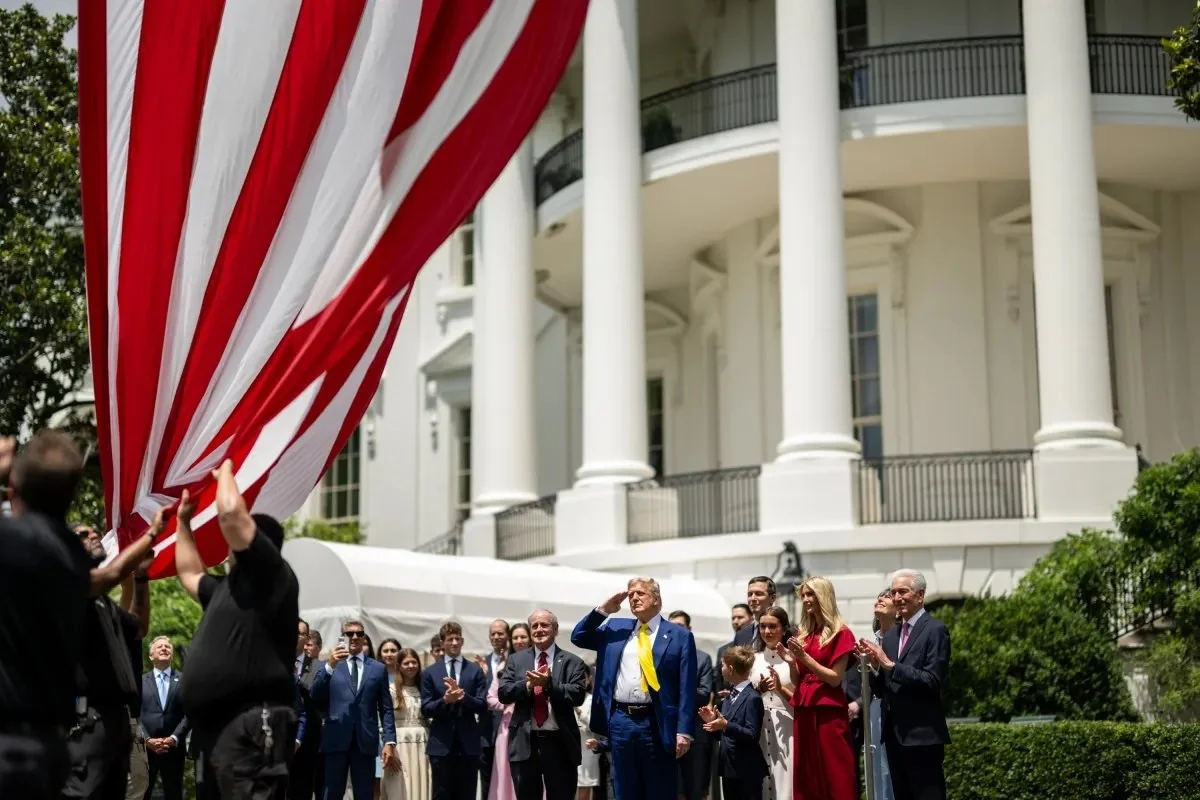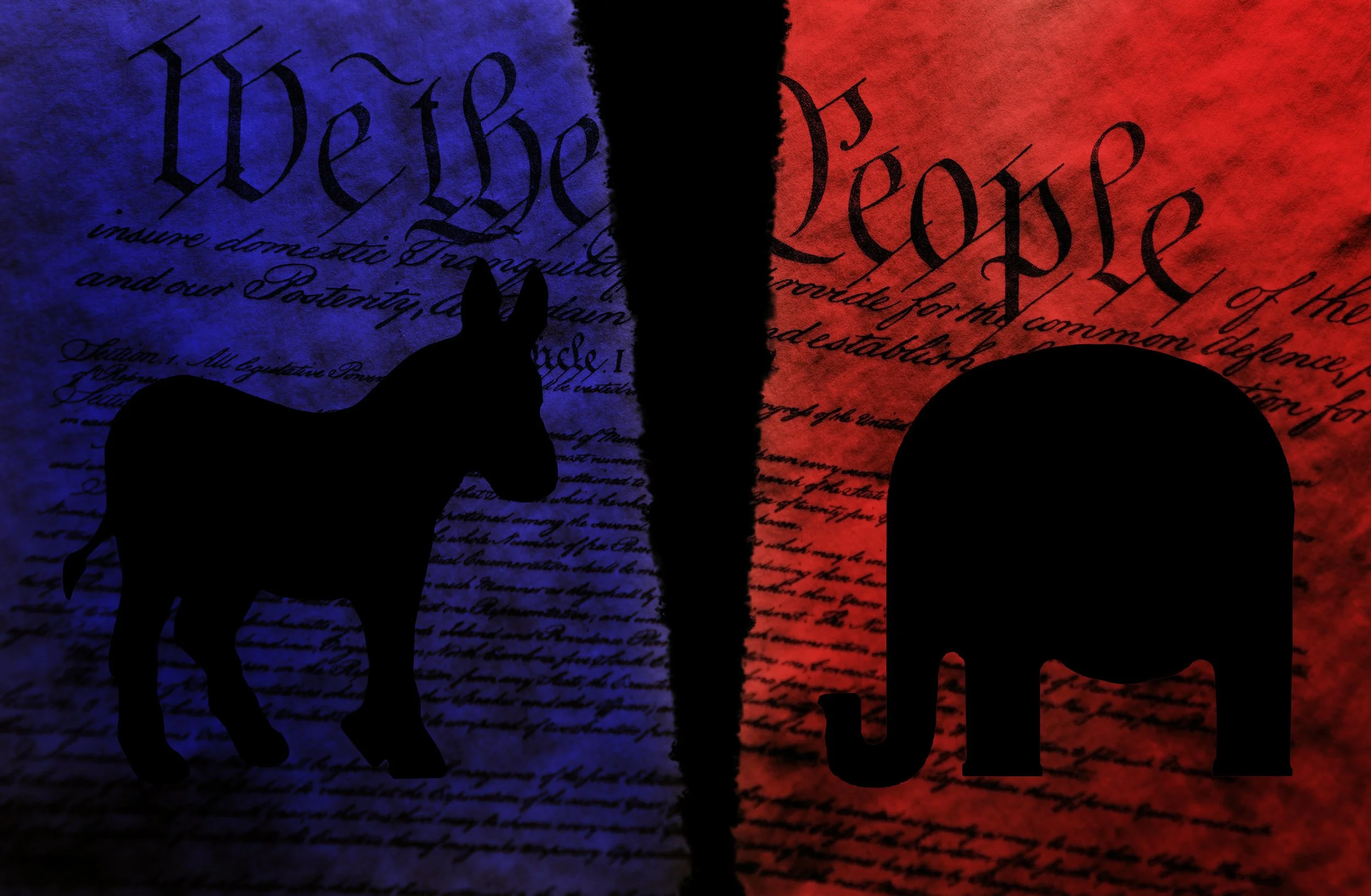It's All a Hoax?

Ben Everidge for Thomas
Photo Credit: AI-Enhanced with Original By Atlantis at Adobe Stock
The Perils of Governing by Denial …
When President Donald Trump first took office in 2017, one of his signature rhetorical tactics was to label controversies, investigations, or criticisms as a “hoax.” Nearly a decade later, in his second administration, the same refrain echoes across the political landscape. From Russian election interference to the coronavirus pandemic to the recent press conference by victims demanding the release of all Jeffrey Epstein files, Trump has repeatedly branded unwelcome facts as fabricated plots.
Why “Hoax” Politics Damages Good Government
Good government requires a foundation of trust, transparency, and accountability. When the nation’s highest officeholder dismisses challenges or investigations as a “hoax,” he short-circuits the democratic process. Instead of allowing evidence, debate, and oversight to run their course, the “hoax” label delegitimizes institutions charged with uncovering truth Congress, inspectors general, courts, journalists, and even grieving victims.
The damage is cumulative:
Public Distrust: Citizens become cynical when every inconvenient fact is waved away.
Weakened Institutions: Agencies tasked with oversight are painted as partisan actors rather than guardians of the public interest.
Policy Paralysis: Real problems such as pandemics, election interference, systemic abuse, go unaddressed because leaders insist, they aren’t real.
The Long List of “Hoaxes”
Trump’s use of the term has been wide-ranging:
Russia Investigation: Branded the probe into Russian election interference as a “hoax,” despite bipartisan intelligence findings confirming interference.
Impeachments: Dismissed both impeachments as “hoaxes,” reducing constitutional accountability to partisan theater.
COVID-19: Called the coronavirus a Democratic “hoax” in early 2020, muddying public health messaging at a crucial moment.
Epstein Files: Just yesterday, even as victims courageously demanded the full release of Jeffrey Epstein’s files, Trump brushed the matter aside with his familiar refrain “another hoax.” On this, we part company with him: the American people deserve the full truth, and the victims deserve justice.
Each use of “hoax” is not just a rhetorical flourish; it’s an attack on the legitimacy of checks, balances, and truth-finding.
Have There Been Other “Hoax” Claims in American History?
Trump’s prolific use of the term is unusual in American history, but there are analogues. Past presidents and politicians have often dismissed scandals or inquiries as partisan or baseless, though not usually with such a blunt, repeated label.
Watergate: Richard Nixon initially framed the investigation as a politically motivated witch hunt, though he did not call it a “hoax.”
Iran-Contra: Reagan officials downplayed early allegations as overblown until evidence forced acknowledgment.
Teapot Dome: The Harding administration treated the scandal as political exaggeration until prosecutions followed.
One can imagine, had Trump’s rhetorical style been retroactively applied, those moments might have been brushed aside as “the Teapot Dome Hoax” or “the Watergate Hoax.” History shows otherwise: they were real abuses of power.
The Real Danger
Calling everything a “hoax” undermines the very idea of objective truth. If every inconvenient fact is dismissed as fake, then no abuse can be proven, no corruption punished, no crime acknowledged. That is not the foundation of a self-governing republic. It is the recipe for permanent mistrust.
The Epstein victims’ demand for transparency provides a timely reminder: the truth should not be feared, buried, or brushed aside as a hoax. It should be revealed, grappled with, and used to make America better. That is the work of good government.




